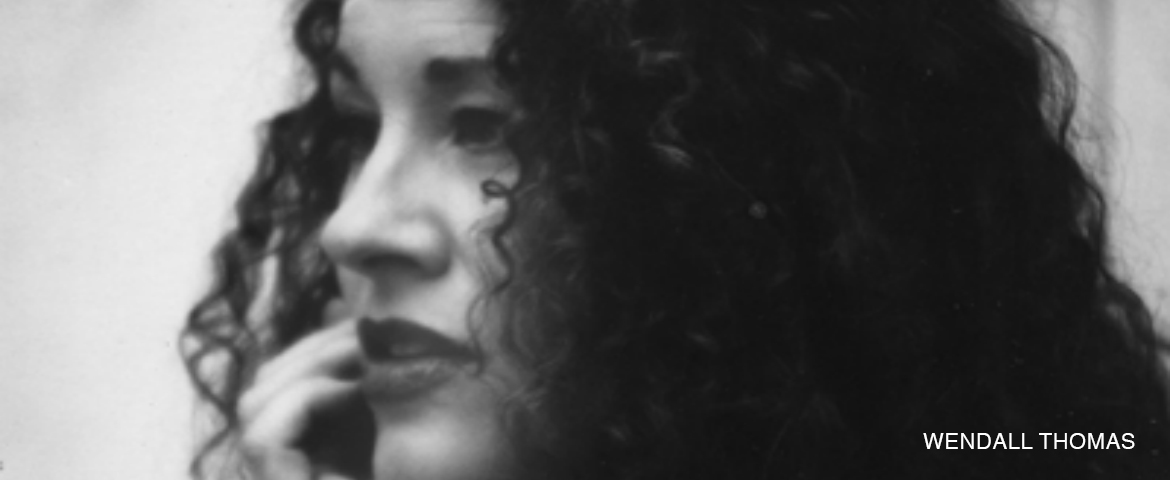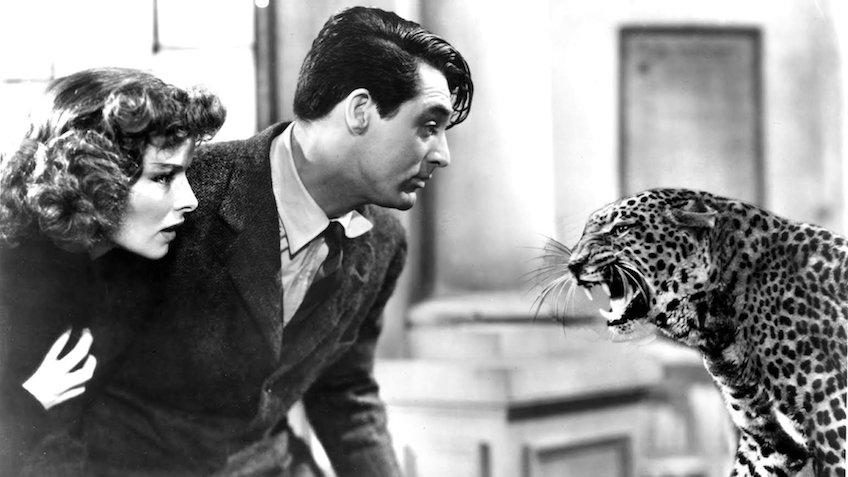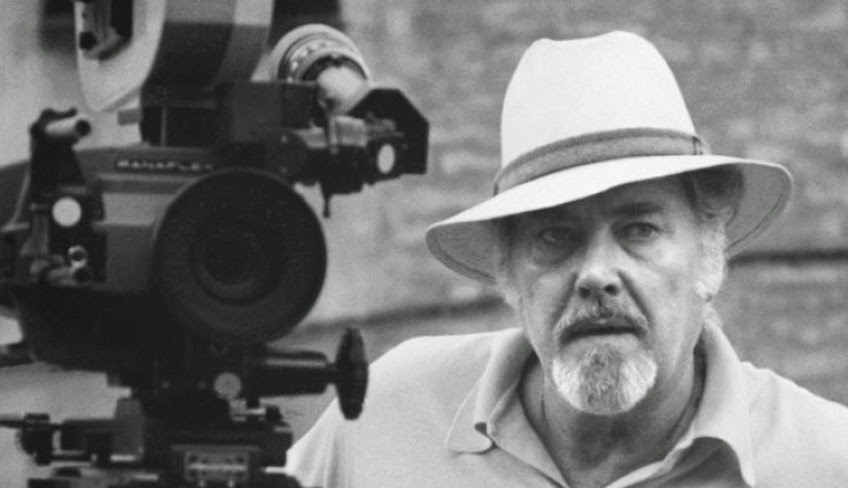“It’s Really Worth Watching a Whole Range of Cinema”: An Interview with Wendall Thomas

By Greer Forrester
In Wendall Thomas’ lecture last year discussing the history of romantic comedies, the dozens of examples covered films as disparate as Trainwreck (Judd Apatow, 2015) and Bringing Up Baby (Howard Hawks, 1938). My notes from the session jump out at me with quips about characters meeting, getting together, breaking up, then (usually) finding each other in time for their happily ever after. Yet it’s her enthusiasm and knowledge of cinema trends which ties the lecture together.
Thomas has presented one day masterclasses and lectures at MIFF since 2011. She has helmed classes on everything from dialogue to black comedies; this year, topics include character arc construction, structuring a scene, and an in-depth examination of Best Picture Oscar-winning Moonlight. The live nature of the presentations allow for real-time film examples; though she jokes that it’s a “low-tech experience”, the many VHS-recorded samples provide context which isn’t possible in a how-to book.

Bringing Up Baby (Howard Hawks, 1938)
When Thomas first moved to LA, she says, books about screenwriting were thin on the ground. “Syd Field’s book was really famous, and Linda Seger had a book - [Robert] McKee didn’t even have a book then.” Nowadays, she says, students are spoilt for choice. “It’s just shelves and shelves of books - which is great, because everyone can find something which speaks to them, but it’s a bit hard to navigate.”.
But the prescriptivism of many how-to’s is an element she finds frustrating. “If you are too slavish to the books... it’s a joke at the moment in LA. Every script now, if they don’t literally ‘save the cat’, they’re saving an animal of some kind.”
Thomas says the struggle for writers is to walk the line between following established conventions of their genre, then using that framework to create something unique
“One of the things I really thought about a lot, in terms of trying to teach screenplay structure - I hated the idea of it when I started. ‘It’s my film. Why should I do it the way someone tells me to do it?’” Thomas says the struggle for writers is to walk the line between following established conventions of their genre, then using that framework to create something unique; not being afraid to try something different, yet still respecting the role structure plays.
“Everything has structure. Architecture has structure, sonatas have structure, sonnets have structure, chaos theory has structure! It’s not a dirty word.”
Thomas is curious as to why I would ask to interview her. I tell her I have a film production background as an editor and colourist, and that I’m interested in screenwriting and script editing. We discuss the simultaneous excitement and peril of working on student films.
Thomas is a professor of screenwriting at UCLA, and providing feedback on student work is a difficult yet necessary aspect of her job. It can become complicated when she’s presented with intensely personal stories. “I have a thing I tell my students. ‘If you survived it, it’s probably not dramatic enough for a movie’.” I wince, but Thomas doesn’t back down. “Seriously! If you’re okay now, you really have to ramp it up!”

Robert Altman
“When you’re a student, your work can be so personal - you feel like you want to express yourself exactly the way you want to.” She finds that beginner writers have a tendency to let their excitement and ambition get ahead of them. “So many people who make amazing art didn’t start out making amazing art. [Robert] Altman was making instructional videos for the meat packing industry.”
“You want to throw your whole heart into your film, of course. But you don’t always get to do your full expression in your first student film or your first feature – you have to work your way up to it.”
“There’s a lot more stories to be told that aren’t coming out of Los Angeles right now.”
This exuberance is often coupled with a lack of understanding of cinema history. “It’s the one thing I find all the time. I get to my class at UCLA and people say stuff like, ‘I’m going to make the first movie about what it’s like for women during wartime.’ And I give them seven films about that – Oscar-winning films – because they don’t have any sense of cinema.”
Though she doesn’t have a great deal of spare time during the festival, Thomas singles out the MIFF Premiere Fund films (Australian feature film and documentary productions financially supported through MIFF) as her cinema-going priority, as there’s no guarantee she’ll be able to see them anywhere else.
“It’s really worth watching a whole range of cinema. All genres. Really know film.”
“There’s interesting points of view and beautiful stuff which wouldn’t get made elsewhere. There’s a real sense of a responsibility to your culture, to people. There’s a lot more stories to be told that aren’t coming out of Los Angeles right now.”
So what’s her final piece of advice for screenwriters?
“It’s really worth watching a whole range of cinema. All genres. Really know film.”
And go to her lectures?
“No! If you want to go to my lectures, I’ll be delighted. But you don’t have to go to my lectures to write a good screenplay.”
Wendall Thomas delivered a series of four lectures as part of MIFF’s Industry Public Access events between 7 – 10 August 2017.